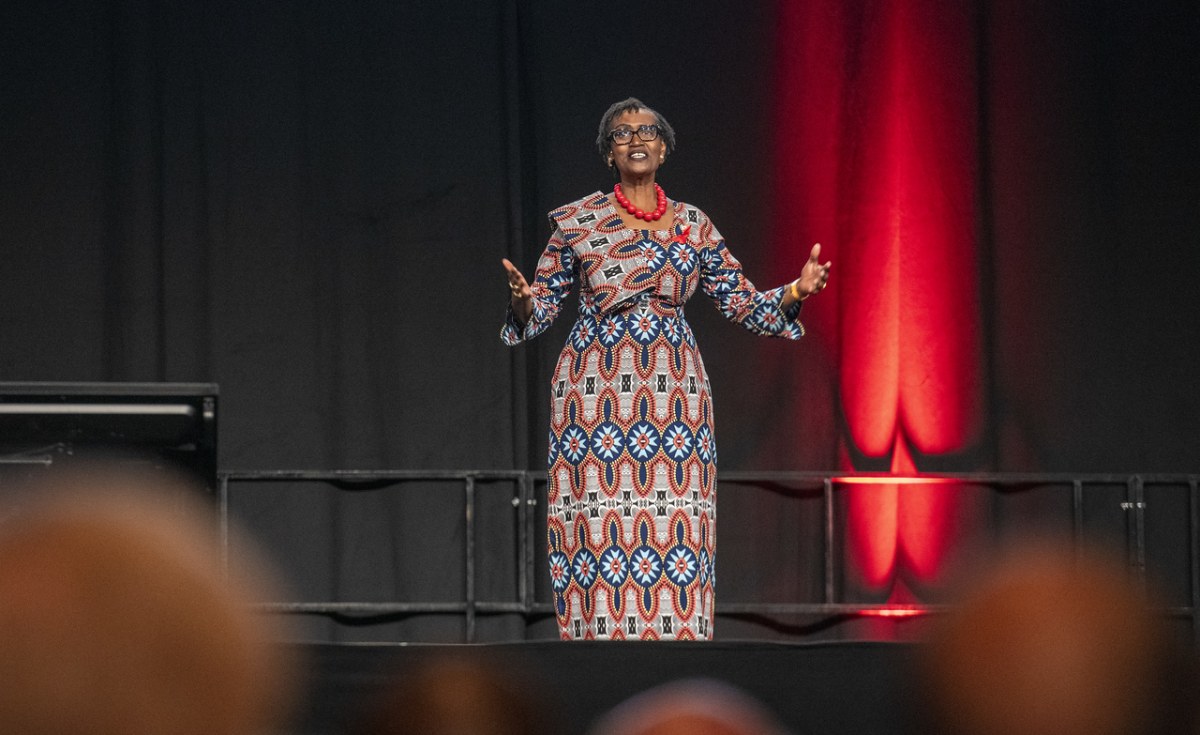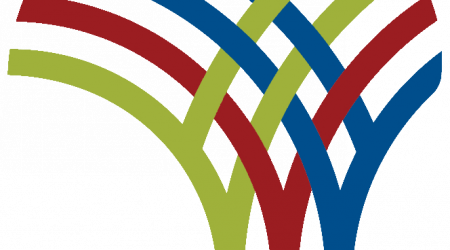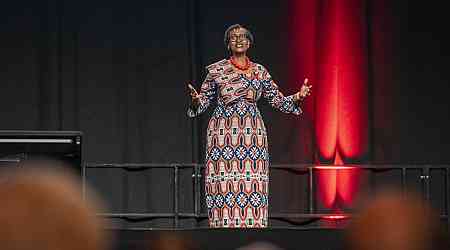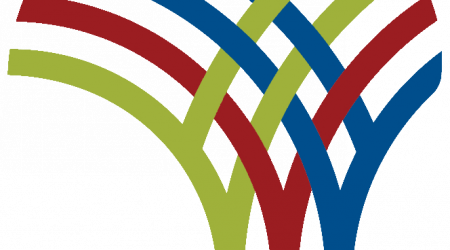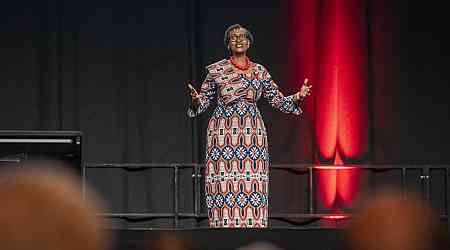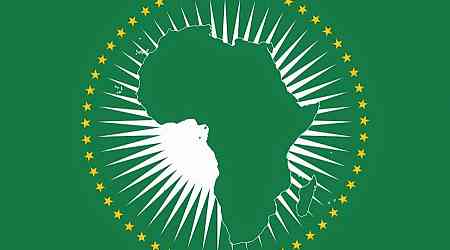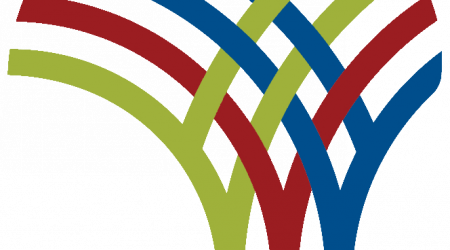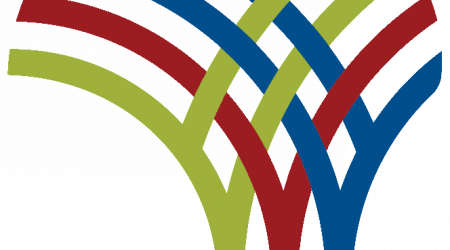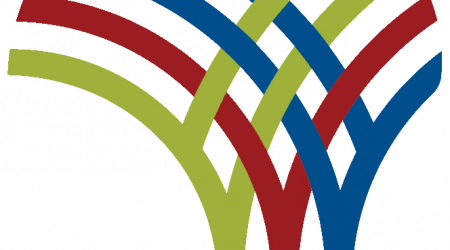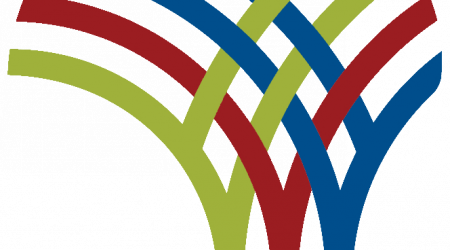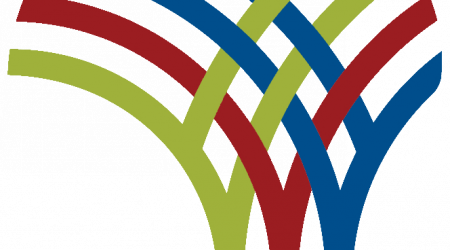Munich, Germany — Men are far more likely to die from an HIV-related illness than women, even though women are becoming infected with HIV at a much faster rate.
Data indicates that men diagnosed with HIV face greater challenges compared to women when it comes to healthcare engagement. This is evidenced by higher rates of late treatment initiation, treatment interruptions, and missed follow-up appointments among men living with HIV. In Africa, six out of ten people living with HIV are women, however, men are 25% more likely to die from HIV-related causes compared to women.
The root cause? Simply because there are fewer men than women being tested for HIV or seeking treatment. This has consequently resulted in fewer men starting antiretroviral therapy, and those who begin treatment at advanced stages of infection after the virus has significantly compromised their immune systems. This delay in starting treatment may sometimes be less effective. The global effort to prevent HIVhas been extremely inconsistent, and many countries are struggling to meet the 2025 benchmarks.
However, according to a UNAIDS report, "the path to ending AIDS is clear."
Several countries including Botswana, Eswatini, Rwanda, Tanzania, and Zimbabwe have achieved and made significant progress towards achieving the ambitious "95-95-95" targets set by UNAIDS. These targets aim for 95% of people living with HIV to be diagnosed, 95% of diagnosed individuals to be on antiretroviral therapy, and 95% of those on treatment to achieve viral suppression.
Despite longstanding HIV education efforts, Jude Thaddeus Njikem, the Regional Sexual and Reproductive Health and Rights (SRHR) Specialist at Sonke Gender Justice, points out that "there is still a lack of accurate information about HIV" and antiretroviral therapy (ART) among men.
This knowledge gap discourages many men from seeking testing and treatment. Several factors contribute to this, including the perception that of health facilitiesare primarily catering to women, creating a sense of exclusion that discourages men from seeking HIV testing services. Historically, public health policies have focused more on women and children, often neglecting the needs of men. This necessitates a shift in approach to ensure that men are prioritized in HIV testing and prevention efforts.
"It's important that these service centers be all-inclusive and welcoming for men. This can make a big difference in whether they feel comfortable seeking testing and treatment," he said. "We need to rethink the approach to public health services and ensure that men are prioritized. This can lead to a significant increase in testing rates and better health outcomes for all."
"While progress has been made, the stigma surrounding HIV and AIDS can still prevent men from seeking help due to fear of discrimination within their communities," said Njikem. "There's still a lack of accurate information about HIV, but also about antiretroviral therapy. These misconceptions continue to limit access to potentially lifesaving care."
"confidentiality and stigma are major barriers," he said. He added that promoting confidentiality and privacy within healthcare settings can alleviate men's concerns about stigma, encouraging them to seek testing and treatment.
According to Njikem, there are several ways in which health systems can adapt better to meet male health-related needs in HIV prevention and treatment. To achieve this several strategies must be deployed such as, gender norms that discourage men from accessing medical services must be addressed; easier access must be provided; confidentiality has to be guaranteed within healthcare settings; differentiated models of care should be implemented; primary care needs integration of HIV services; education on health must be comprehensive and policies ought to be changed so that men's needs are prioritized.
"To better accommodate men's health-related needs in HIV prevention and treatment, healthcare systems can implement several strategies. Firstly, addressing and challenging the gender norms and stereotypes that discourage men from seeking healthcare, including HIV services, is crucial. This involves promoting positive masculinities and breaking down stereotypes that would encourage men to prioritize their health. Secondly, improving access to services is essential. Extending opening hours, providing convenient locations, and minimizing wait timesat health facilities can significantly enhance access for men who work outside their communities during the day. Community-based and workplace testing have proven effective in reaching men and should be scaled up," he said.
To improve uptake and adherence to antiretroviral therapy (ART) among males, he suggested adopting approaches like test-and-treat. In addition, tailoring services to address men's specific needs and preferences can further enhance engagement. He urged the need to advocate for policy changes where investment should be made, and that men's health needs, including those related to HIV, be prioritized. He called for the inclusion of activities in national health policies and strategies aimed at enhancing the accessibility of men's access to HIV and other health-related services.
"This helps normalize HIV services and reduce the stigma associated with it," he said.
Beyond medication
Njikem identified several unique challenges faced by men living with HIV in adhering to treatment. This includes stigma and discrimination, along with traditional ideas of masculinity that discourage seeking help, which can create a significant barrier. People living with HIV often internalize the stigma they experience and begin to develop a negative self-image. They may fear they will be discriminated against or judged negatively if their HIV status is revealed. HIV internalized stigma can lead to feelings of shame, fear of disclosure, isolation, and despair. These feelings can keep people from getting tested and treated for HIV.
"There's the masculinity norms, the way traditional norms of masculinity, such as self-reliance, have discouraged men from seeking support or disclosing their HIV status," he said. This has led to poor adherence to treatment, including adjusting these norms and promoting health-seeking behavior is important." "There's the issue of the psychosocial support needs of men, such as managing their mental health issues, coping with the stigma, and maintaining the relationships that they have in their lives. There's a need to allow support towards helping men navigate these issues," he said.
He also said that issues such as inconvenient opening hours, distant locations, and long wait times can be "a challenge for men to engage in health care services," particularly when they conflict with work schedules. This makes it difficult for men to stick to their treatment plan. Men are less likely to attend healthcare visits and follow-up appointments, leading to gaps in treatment.
To address these challenges, Njikem suggested providing personalized adherence support, such as flexible clinic hours, medication reminders via text, and community-based services like mobile clinics, which can address these barriers. Peer support groups and adherence clubs can help men stay connected to care and support each other.
"Making sure that there's an integrated mental health support into the HIV care," he said. "This is very important to ensure that there's an overall treatment adherence and that these counseling and mental health services are easily available to men to help them cope with stigma and emotional distress."
Across Africa, the challenges men face are quite similar across regions.
"As I see it," he said. "Common issues include discrimination, stigma, and variations in healthcare infrastructure, especially at the primary care level. Cultural beliefs and disparities between urban and rural settings contribute to these challenges, leading to the "disenfranchisement of men" in rural areas, Njikem notes. Additionally, 'religious and traditional norms, as well as limited healthcare infrastructure, particularly in regions like West Africa, further complicate the situation."
"Government prioritization of HIV programs varies significantly," he explains, "with some regions facing substantial barriers due to a lack of focus from authorities." Moreover, conflicts and instability such as those experienced in Central Africa and parts of West Africa have also disrupted healthcare services thereby affecting attitudes towards HIV services among men. Environmental challenges like droughts and cyclones affecting Madagascar and Malawi have an additional negative impact on access to care.
From bars to boardrooms
Sonke Gender Justice Network utilizes a multifaceted approach to engage men in HIV prevention, treatment, and care. This includes various settings, including bars, sports venues, and workplaces.
"We encourage men to actively participate in HIV-related activities by organizing community dialogues and workshops. These events are safe spaces for men to talk about "masculinity, HIV as well as gender equality allowing them to reflect on their attitudes and behaviours," said Njikem.
The organization also trains men to become peer educators, equipping them with knowledge and skills to advocate for HIV prevention, testing, treatment, and safe sex practices. Sonke also influences policy-making processes through the Men Engage Africa network which is made up of over 600 partners working on gender equality as well as sexual health rights for boys and men. Sonke recognizes the importance of collaboration and works with diverse organizations to amplify their message and reach a wider audience. The Men Engage Africa network allows partner organizations to advocate for themselves in countries where Sonke doesn't have a physical presence.
"We continuously assess the effectiveness of our interventions, using data and evidence to refine our programs and enhance our impact," said Njikem.
Policy changes or systemic improvements
According to Njikem, comprehensive policy changes and systemic improvements are urgently required to enhance support for men's health concerns related to HIV and AIDS. He proposes "gender-responsive health policies" that take into account the specific needs of men and "acknowledge the social determinants of health that affect men's access to services."
"We need to have gender-responsive policies. Governments should 'develop and implement gender-responsive health policies that address the specific needs of men in HIV prevention, testing, and care," he said. "These policies should consider the social determinants of health that impact men's access to services and promote the integration of men's health services, including HIV services, into existing primary health systems."
"This integration is crucial for improving access to comprehensive care for men," he said.
"Addressing the structural barriers is also essential," said Njikem. "Policies should 'address structural barriers such as stigma, discrimination, and gender norms that hinder men from seeking HIV health services. Just to say, 'we do not think criminalization of HIV is productive to the HIV prevention or prevalence.' Criminalization of HIV actually contributes to increasing stigma and discrimination,' and limits health access."
"... when we speak of policy changes, some of the policies that we see coming from the region, particularly in Zimbabwe, where there are discussions around criminalization of HIV. This is not what we mean by policy change," he said.
"In terms of systematic improvements that we need to see, health systems need to be strengthened," he said. "There is a need for investment into the healthcare system to have quality HIV services for men but also women and girls especially who carry the face of HIV in Africa." " This includes training healthcare providers, improving infrastructure, and ensuring a reliable supply of medication. It is also key to ensure that our health system can meet the needs of different groups of persons, including persons with disabilities and key populations such as the LGBTIQ community and sex workers, who are often stigmatized and discriminated against in healthcare settings," he said.
Njikem called for strengthened healthcare systems with investment to ensure quality HIV services and trained providers. He said that using community-based approaches peer support, outreach, and various service models could be able to reach men. "We need to improve data collection to capture men's health needs and outcomes related to HIV. This is essential for evidence-based decision-making and monitoring towards our targets," he said.
He added that continuous and strong partnerships between government and civil society are crucial, along with collaboration with healthcare providers to train them on gender-sensitive care. "Government cannot do it all by itself, and civil society also cannot do it all by itself. We need to work together, including in the development and implementation of gender-transformative programs that engage men," he said. "This is something Sonke has done very well, and we continue to do that across the region."
Njikem advocates for multi-sectoral cooperation involving education, employment, and social services to address HIV prevention, testing, and treatment among men. In this way, "we're creating a holistic approach that addresses the underlying social determinants of health," he said.
New hope for men?
The theme for the 25th International AIDS Conference (AIDS 2024) is, "Putting people first." The conference encourages that all the decisions and actions on global HIV response must be centered on people, including their rights perspectives, gender equality dimensions, and human rights implications as well as the acknowledging the role played by people living with HIV, key populations, and vulnerable people in a global response. Njikem is hopeful that the IAS conference and the potential advancements it could bring regarding men's engagement in HIV prevention, testing, and treatment.
"It is important to have new evidence and best practices in engaging men", he said. "Some new evidence has come out in terms of the best practices and innovative approaches that different stakeholders have used." He believes this knowledge exchange can be "instrumental to informing policies and program development."
Njikem said the conference is an opportunity for policymakers to "discuss why it is critical to integrate men into HIV programs," calling for "gender-sensitive strategies that address men's specific needs and challenges." He sees this as an opportunity for "honest conversations around policy advocacy" with policymakers present. Njikem also urged that "engaging men, community leaders, and key stakeholders in discussions at the conference can help identify community-driven programs and solutions or approaches used to engage men in HIV services."


















